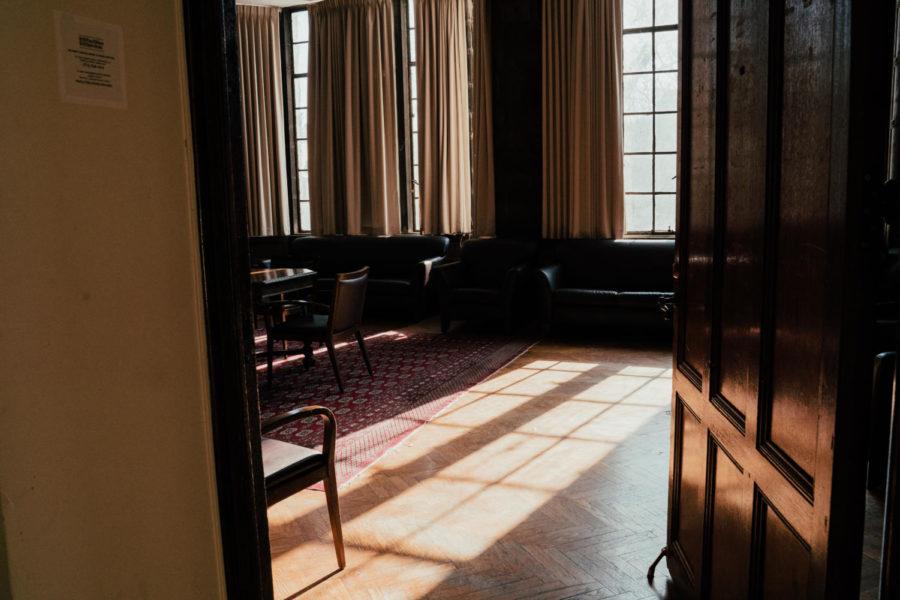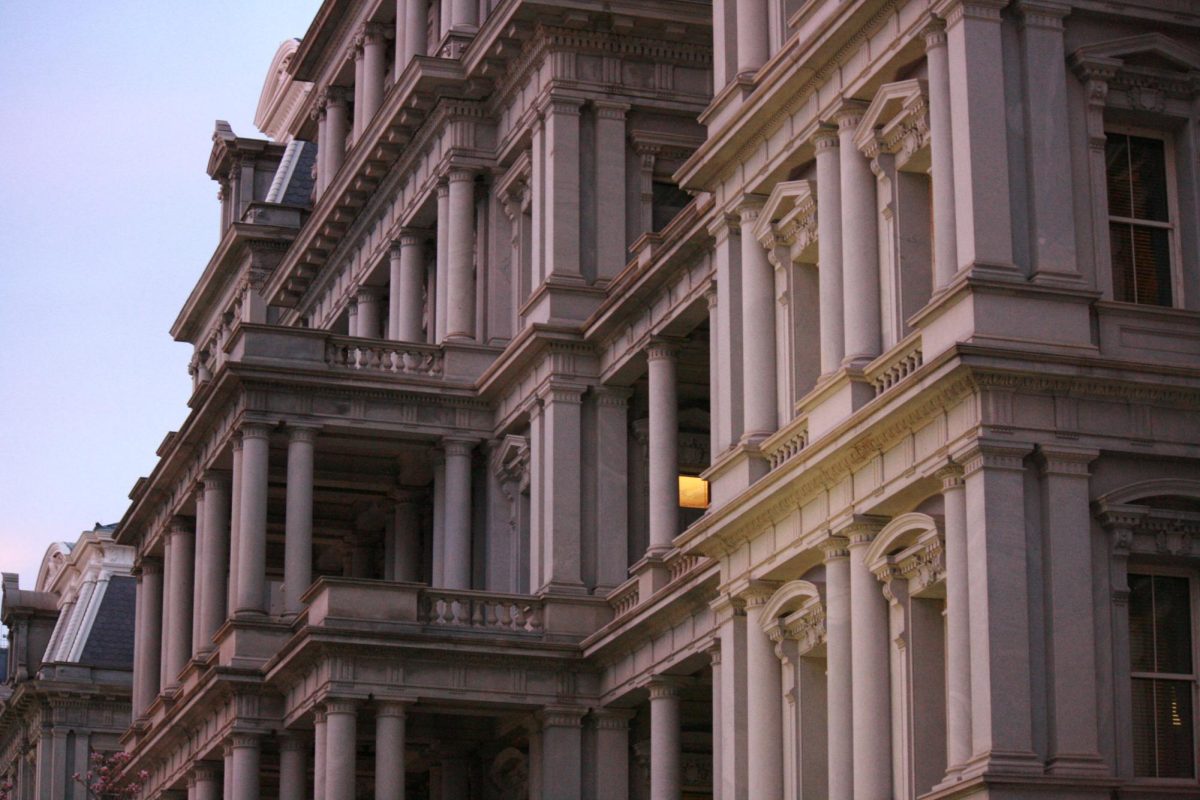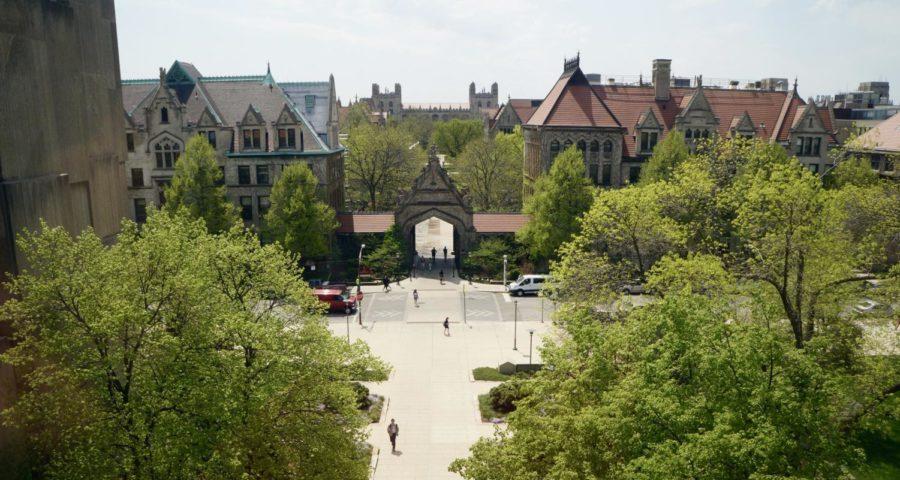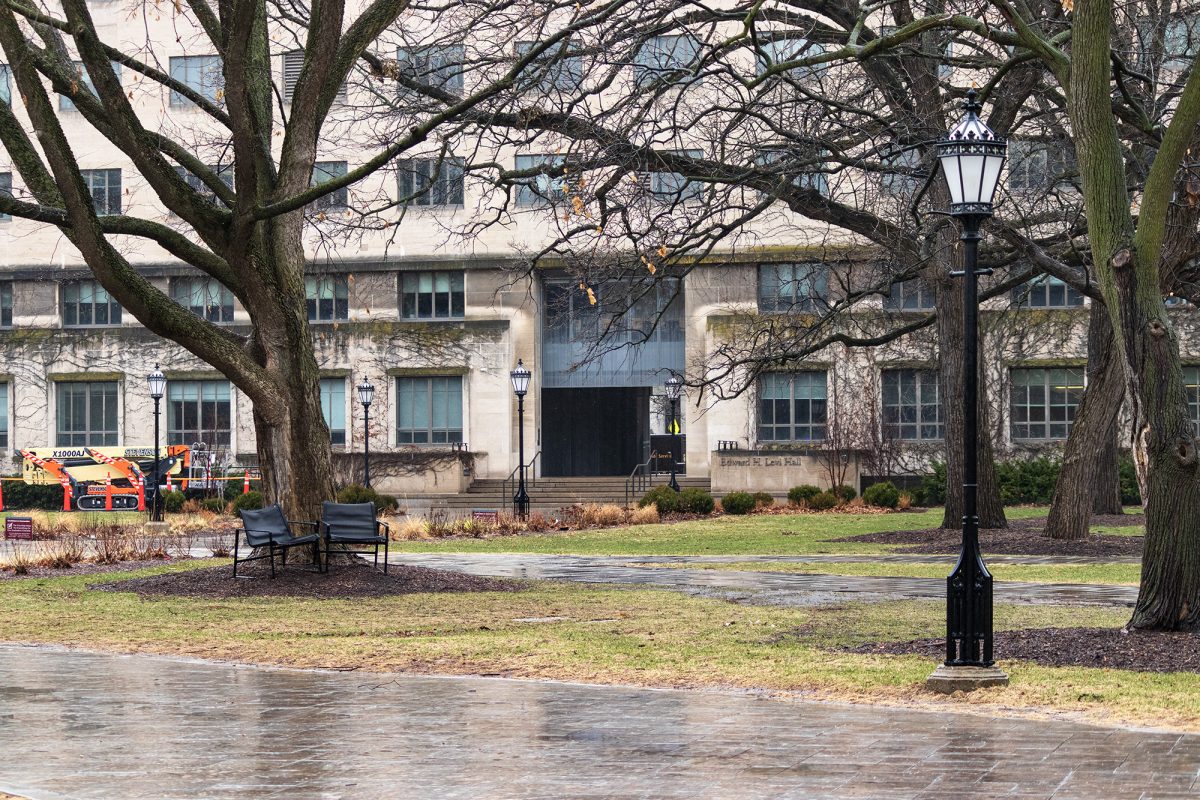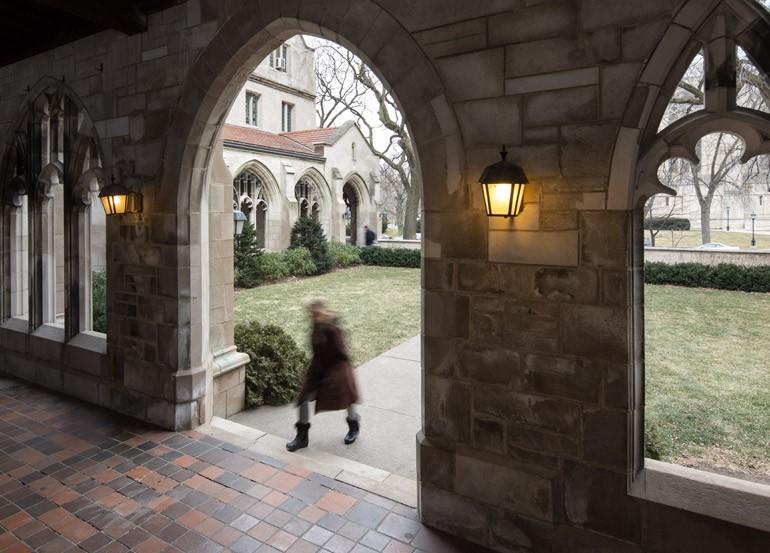Quotes and attributions in this article, unless otherwise noted, are taken from minutes of the Council. The Council’s discussions are paraphrased in the minutes, and Council members vote at each meeting on whether to approve the previous meeting’s minutes. Speakers therefore have a chance to contest or revise the way their comments are paraphrased. Still, the minutes should not be read as direct quotes, or as perfect reproductions of conversations that took place. More information about the minutes and Council can be found here.
At a meeting in November 2011, the spokesperson of the faculty senate made an explosive proposal. Michael LaBarbera, a biologist who was then serving in the role—making him the highest-ranking member of faculty government—moved to make the minutes of the Council available to the Board of Trustees.
In response to LaBarbera’s motion, University President Robert Zimmer said that, unlike boards at many other institutions, the University of Chicago’s Board of Trustees “deliberately does not get involved in academic issues,” and LaBarbera’s motion would “be an invitation for the Board to involve itself in academic matters,” Zimmer said.
The conversation that followed sheds light on the relationship between the faculty senate, the President, and the Board.
In the ensuing discussion, members of the Committee of the Council of the University Senate—the seven-member group that meets more regularly with the president to discuss issues of University governance— debated “whether sharing the minutes would tempt the Board to meddle in academic matters.”
According to the minutes of that meeting, “It was suggested that the motion represented an effort to circumvent the President and the Provost on controversial issues when what was needed was a better plan to resolve disagreements.”
Following the November meeting, LaBarbera sent a message to the Chairman of the Board of Trustees, later minutes show, in which he “asked whether the Board was interested in receiving copies of Council Minutes.”
The communication was apparently distressing to Zimmer and other Committee members.
At a meeting of the Council a few weeks later, LaBarbera read aloud the following statement:
“Over the Thanksgiving holidays, I wrote to the Chairman of the Board of Trustees in order to clarify a question that had arisen in your Committee’s discussion of the proposal to share the Council’s minutes with the Board. I also sent copies of this letter to President Zimmer, Provost Rosenbaum, and the other members of your Committee. In the letter I tried to make it clear that I was writing as Spokesman, not for your Committee, and wished only to clarify a narrow question that could be settled only by input from a member of the Board.
I apparently failed miserably. President Zimmer and a number of members of your Committee expressed their distress at this communication and what they perceived as an implicit claim of endorsement by your Committee. I expressed my abject apologies to all present for my lack of insight into how this letter might be perceived; I freely admit to political naiveté.
In an attempt to cover my blunder, members of your Committee will draft a memo to President Zimmer (which I hope to be allowed to sign); he in turn will transmit this clarifying missive to the Chairman of the Board of Trustees.”
In response to LaBarbera’s apology, faculty members raised a number of questions.
One professor asked “why the discussion of whether or not to transmit Council Minutes to the Board of Trustees had been as contentious as it seemed to be.”
Economist John Huizinga responded that “if Council Minutes were to be forwarded to the Board, this would be viewed as an invitation for the Trustees to insert their opinions into issues that are currently being addressed strictly at the faculty level.”
The Committee had discussed the issue, he said, and decided that “if the Board was invited to become more involved in the University’s academic affairs, this might result in unintended consequences.”
Addressing faculty questions, Zimmer offered further details about the relationship between the Board and the faculty senate.
Zimmer “explained that the University had a rather particular stance about the relationship between the Board of Trustees and academic affairs. He further clarified that the Board had assiduously stayed out of the University’s academic affairs, as distinct from the practice at many other institutions.”
In response to a request for comment, Michael LaBarbera wrote in an email to The Maroon: “I retired four years ago and happily left all issues of campus politics behind me. I'd like to leave it that way.”
Read the exchange below:



